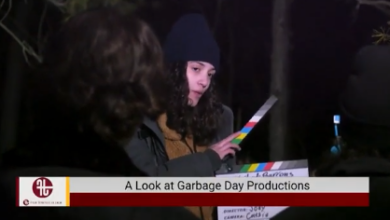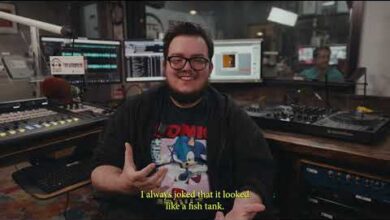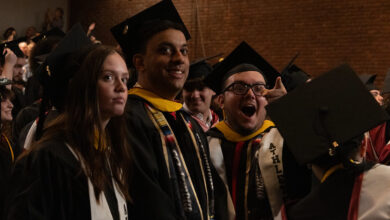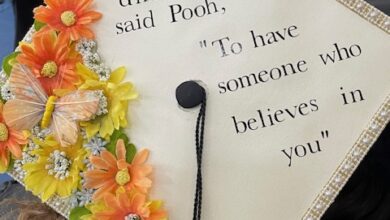MECHANICAL MUSIC: HOW AI IS CHANGING THE MUSIC BUSINESS
Legendary artist Sting adds his voice to the music industry's latest challenge.
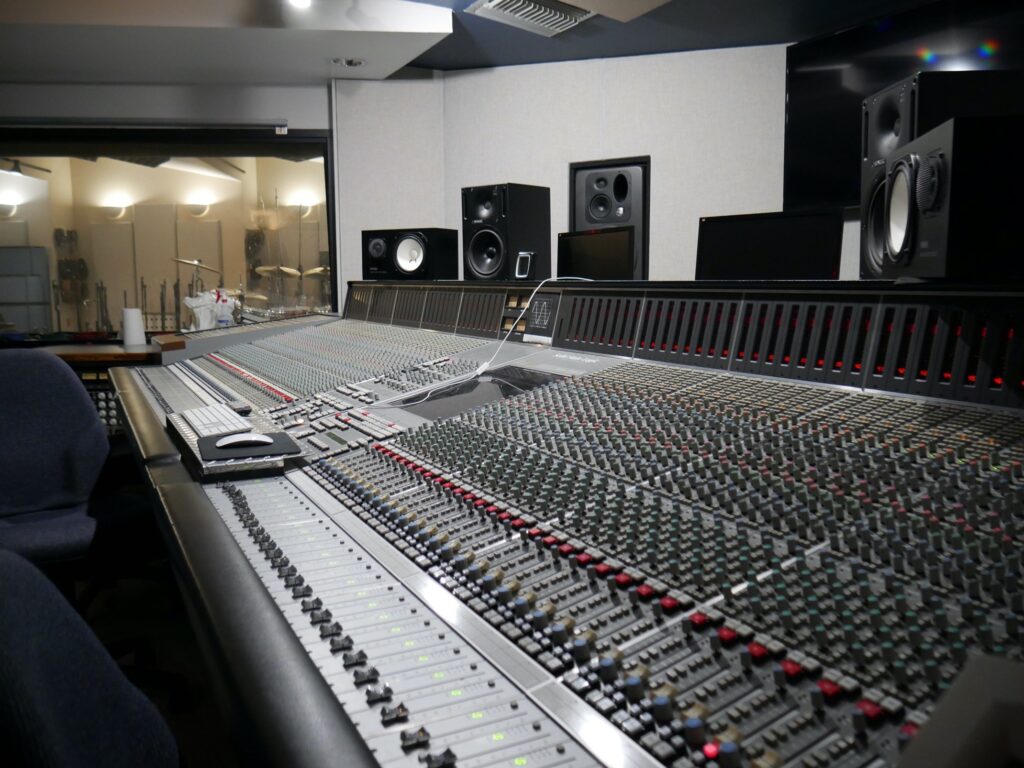
By Anthony Cappiello
Sting is the latest artist to question Artificial Intelligence (AI) in music, telling the BBC that musicians face “a battle” to defend their work against the rise of songs written by artificial intelligence.
The music industry is ever-changing and evolving both from the business point of view along with the musician’s point of view. Technology advances all the time, creating more unique ways to record, create, mix, and play music. But at what point is technical progress enough? Is the stopping point for the industry the creation of music through artificial intelligence?
For decades, researchers have tried developing ways to create music through machine learning techniques, notably in 1951 by Alan Turing, a mathematician and computer scientist. Now 65 years later, the industry has changed so much by creating new genres of music with evolving technology to the point where humans aren’t necessarily writing songs anymore. AI can be told to compose a piece of music and create music that’s completely new or music that sounds like specific artists… dead or alive!
In 2001, AI created a piece of music that replicated the style and sound of Nirvana with a song titled “Drowned in the Sun.”
And in April, AI created “Heart On My Sleeve,” cloning the voices of Drake and The Weekend. The song was removed from streaming services after millions of people listened.
With this advancement, musicians and the music industry are questioning their industry’s future relevance and workflow. Music can be generated on AI almost instantaneously on a computer at no cost of money or time. After the song gets generated on AI, who receives the royalties of the song? Are there any royalties? Would royalties go to a software company?
Professor John Machado, Chair of Five Towns College’s Audio Division, shared his thoughts on machines learning music. “AI will definitely have a big impact on the music industry in the coming years, both positive and negative. It can help musicians and composers with composition and production, but there may also be concerns around homogenization and ethical issues. As for me personally, it may make aspects of my job easier, but also increase competition from AI-powered tools and services.”
According to Vistex.com, “musicians using artificial intelligence software (AI) to create music do not pay the AI software companies any royalties. They are entitled to collect the royalties from their AI-generated copyrighted music. That issue was resolved in 1965 in the landmark Naruto et al. v. David Slater case, where a macaque monkey snapped a selfie on the camera that a photographer set up with a remote trigger. The courts decided that the monkey did not own the copyright, even though the monkey took the photo.”
Max Vetrano, former Senior Audio Engineer at PK Studios, is unsure how he feels about the situation. “It’s a really difficult conversation. It’s really incredible to see such an amazing invention like this, but I’m a little worried. As a musician myself, I write, record, mix, and master songs myself that took me years to learn how to do, and even now, I’m still learning every day. This machine or software can just pop out a new song every minute and make it seamless. I really hope my stamp in the music industry stays because it seems like one day, being a musician will be a thing of the past. It really sucks because my whole life is based around music.”
At SXSW in March, one of the panels was titled Welcome to the Machine: Art in the Age of AI. And with legends like Sting jumping into the AI debate, all sides of the music industry are taking notice.


